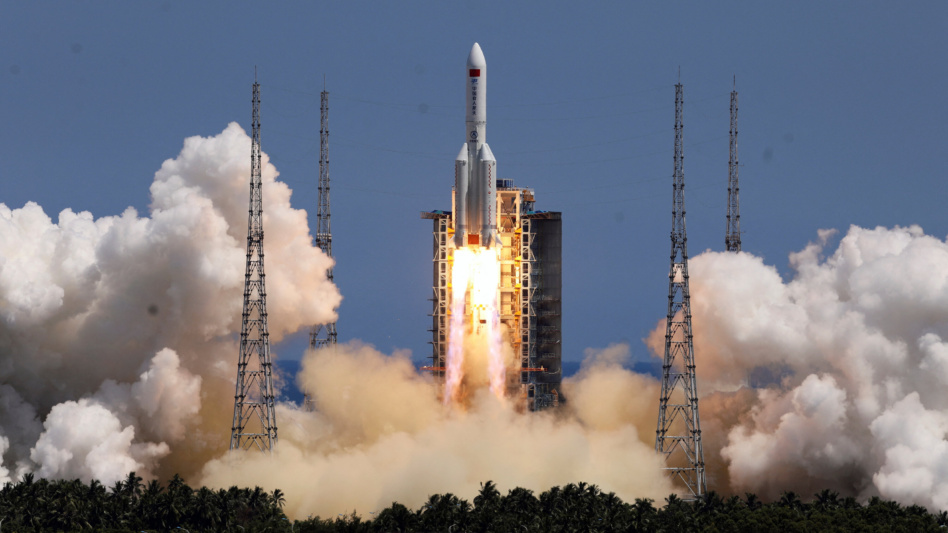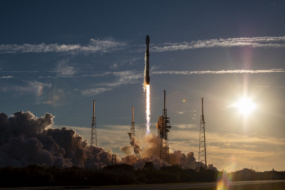RAND Corporation is out with a new report on how the US’ principal adversaries—China and Russia—perceive the American space program.
The overall findings are bleak, though they come as no surprise:
“The Chinese and Russian native-language primary sources reviewed for this project reflect a sustained perception that US military activities related to the space domain are threatening and reflect hostile US intent.”
The methodology: To pull the report together, RAND surveyed two decades of Russian and Chinese media reports, articles, and policy, sussing out the opinions about US space activities driving decision-making and, to the extent possible, whether those stances were genuine. RAND also looked to figure out whether China and Russia’s perceptions of US actions in space drove them to take actions of their own.
Many of the materials reviewed by the analysts hearkened back to a few key events in the American space-faring canon:
- The Strategic Defense Initiative, aka Reagan’s “Star Wars program,” which proposed establishing a counter-WMD space-based missile defense system
- The subsequent creation of US Space Command in 1985
- The US’ withdrawal from the Anti-Ballistic Missile (ABM) Treaty in 2002
- Development of the X-37B spaceplane
Keeping the lines open: RAND analysts emphasized that in both Russia and China, estimations of US space activity and nuclear capability tend to be correlated. As tensions heat up, it will be important for DC to understand that Beijing and Moscow may link any military activity in orbit to US nuclear “capabilities and strategy.”
The long history of US-Russia relations has led to more dialogue between the two (along with a more nuanced appreciation for bilateral diplomacy). “Such a history and cultural understanding is nearly absent in the US relationship with China,” analysts wrote.
It takes two to tango: The US harbors similar dual-use suspicions about China and Russia’s space programs. The dreaded phrase “space race”—which we’ve now regrettably used two days in a row—surfaces often in DC discussions concerning China’s space prowess. And though the US and Russia have maintained the ISS partnership over the past 20-odd years, the relationship is still tense and has degraded since Russia’s invasion of Ukraine.




